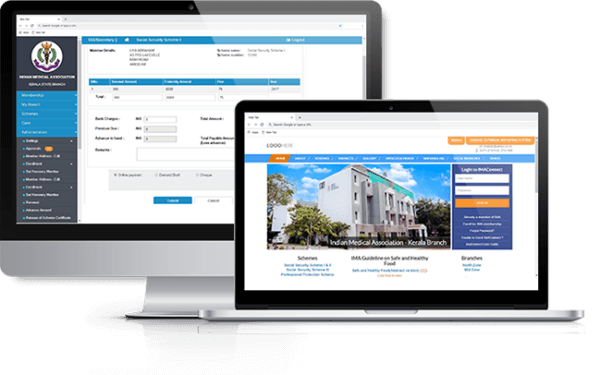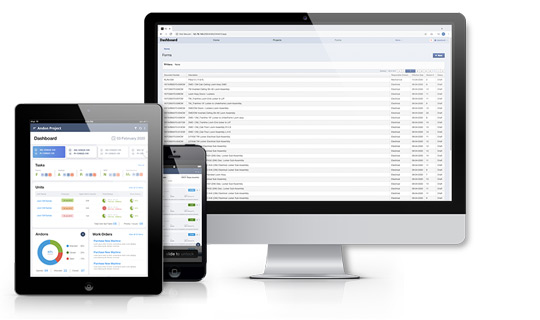In an ever evolving digital landscape, efficiency, scalability, and flexibility are not just buzzwords; they’re essential for staying competitive. This is where Docker containerization shines. Docker has revolutionized the way we develop, deploy, and manage applications. In this blog, we’ll explore the compelling benefits of Docker containerization and how it can transform your approach to software development and deployment.
1. Lightweight and Fast Deployment
Docker containers are lightweight and fast. They encapsulate everything an application needs to run, including the code, runtime, libraries, and system tools. This self-sufficiency means you can create and start containers in seconds, making deployment a breeze. No more worrying about compatibility issues or lengthy setup processes.
2. Consistency Across Environments
Have you ever faced the dreaded “it works on my machine” problem? Docker eliminates that issue. Containers ensure consistency across development, testing, and production environments. What works on your local development setup is guaranteed to work the same way in production, reducing the risk of deployment-related bugs and headaches.
3. Scalability and Resource Efficiency
Docker’s container orchestration tools, like Kubernetes and Docker Swarm, make scaling applications a walk in the park. You can easily add or remove containers as needed, responding to traffic spikes or changing demand instantly. Plus, Docker’s resource management capabilities ensure optimal utilization of server resources, maximizing efficiency and cost savings.
4. Isolation and Security
Containers are isolated from one another and the host system, providing enhanced security. This isolation means that even if one container is compromised, it won’t affect others or the underlying infrastructure. Docker also offers security features like user namespaces and security profiles to further fortify your applications.
5. Version Control and Rollbacks
Docker images can be versioned, making it easy to roll back to a previous version if a new release introduces unexpected issues. This ability to manage versions effectively reduces downtime and minimizes the impact of bugs or changes on your users.
6. DevOps and Collaboration
Docker encourages a DevOps culture by enabling developers and operations teams to work together seamlessly. It simplifies the process of building, testing, and deploying applications, fostering collaboration and accelerating the development lifecycle.
7. Portability and Compatibility
Docker containers are highly portable. You can run them on any platform that supports Docker, whether it’s on-premises servers, cloud providers, or even developers’ laptops. This portability simplifies multi-cloud strategies and eases migration to new infrastructure.
8. Ecosystem and Community Support
Docker boasts a vibrant ecosystem and a massive community of users and contributors. This means you have access to a wealth of pre-built images, open-source tools, and community-driven support. It’s a testament to Docker’s popularity and reliability.
Docker containerization offers a plethora of benefits that can transform the way you develop and manage applications. It streamlines deployment, ensures consistency, enhances security, and enables agile, scalable development practices. Whether you’re a developer, an operations specialist, or a business owner, Docker can empower your team to sail smoothly through the complex waters of modern software development. It’s more than just a technology; it’s a game-changer.













